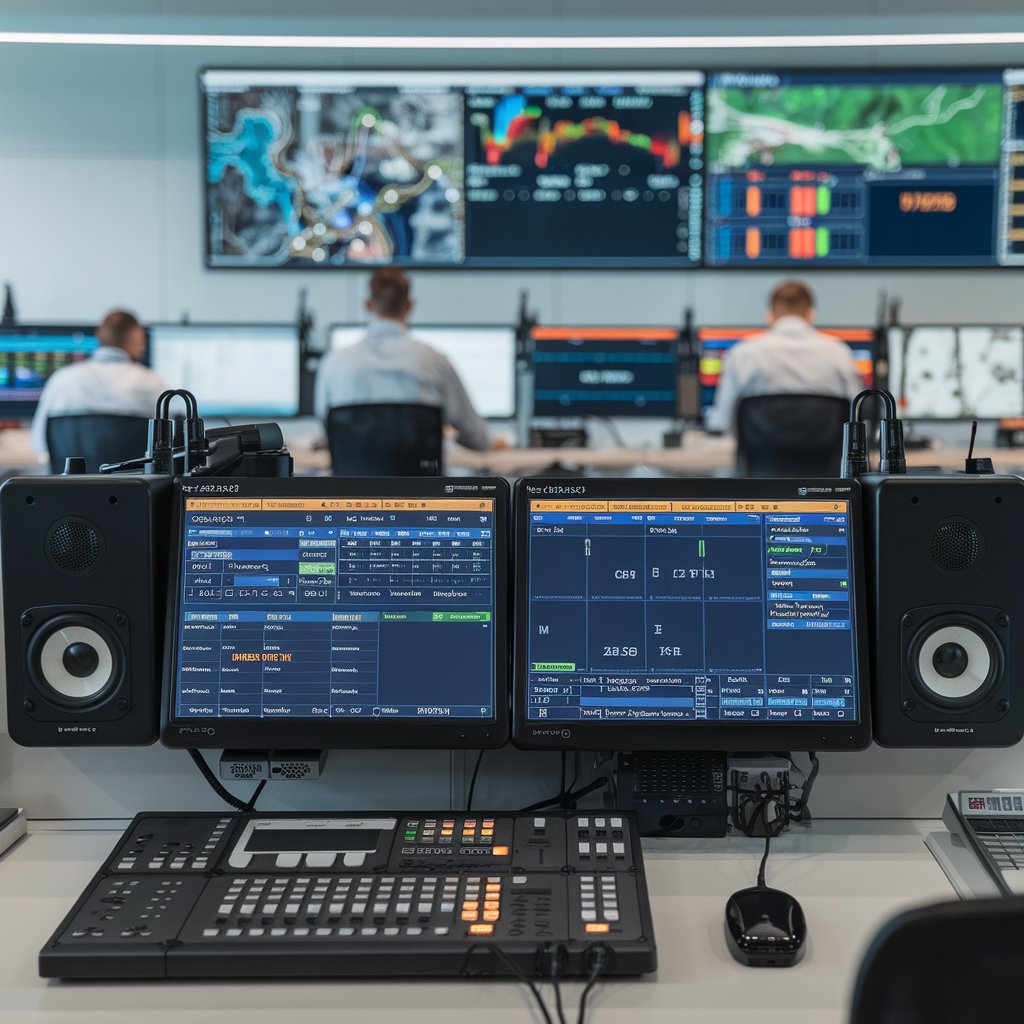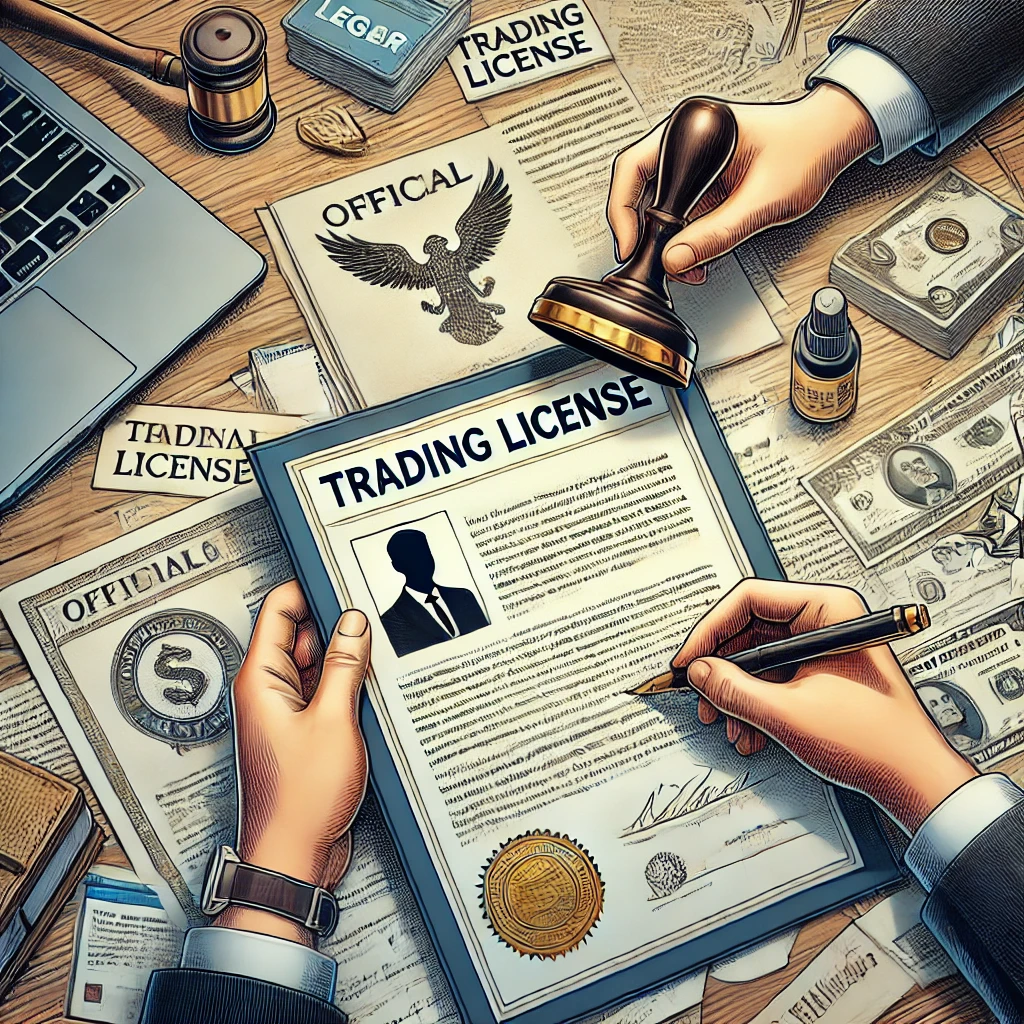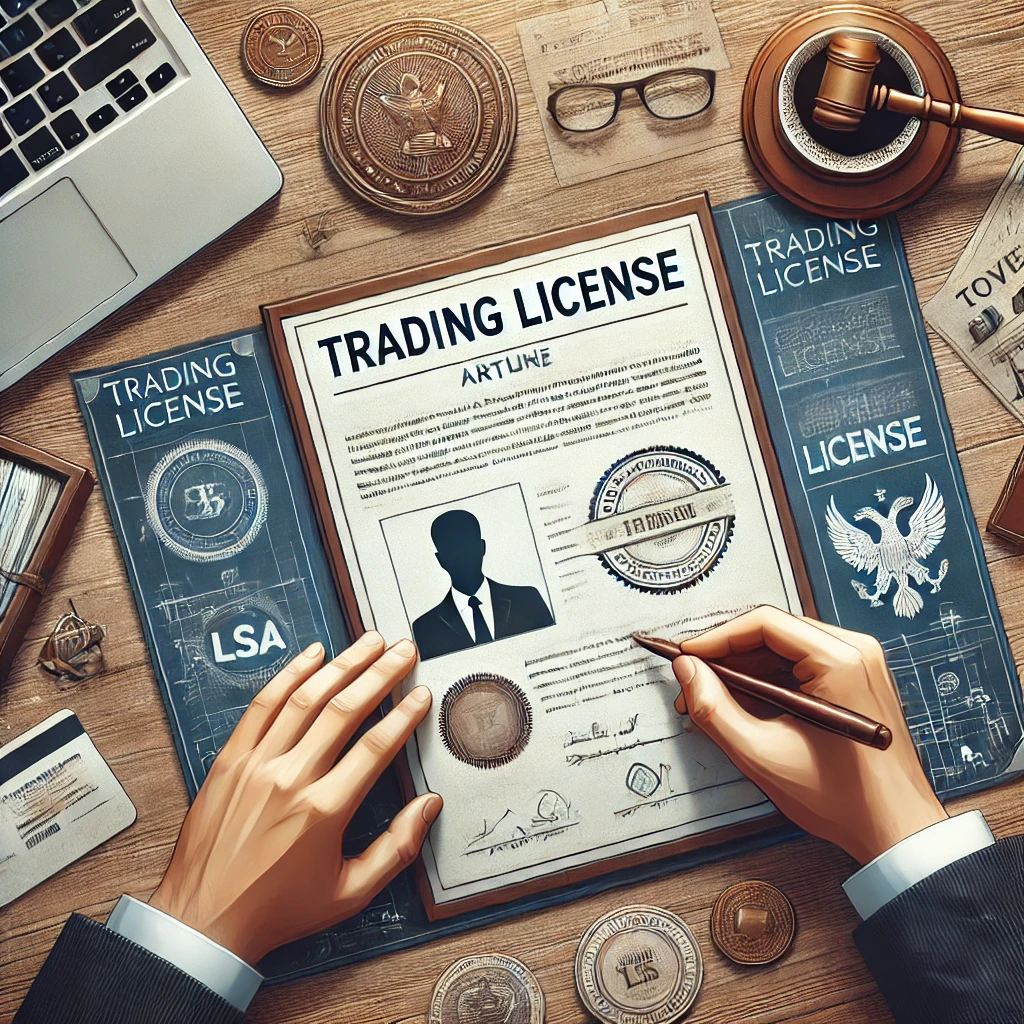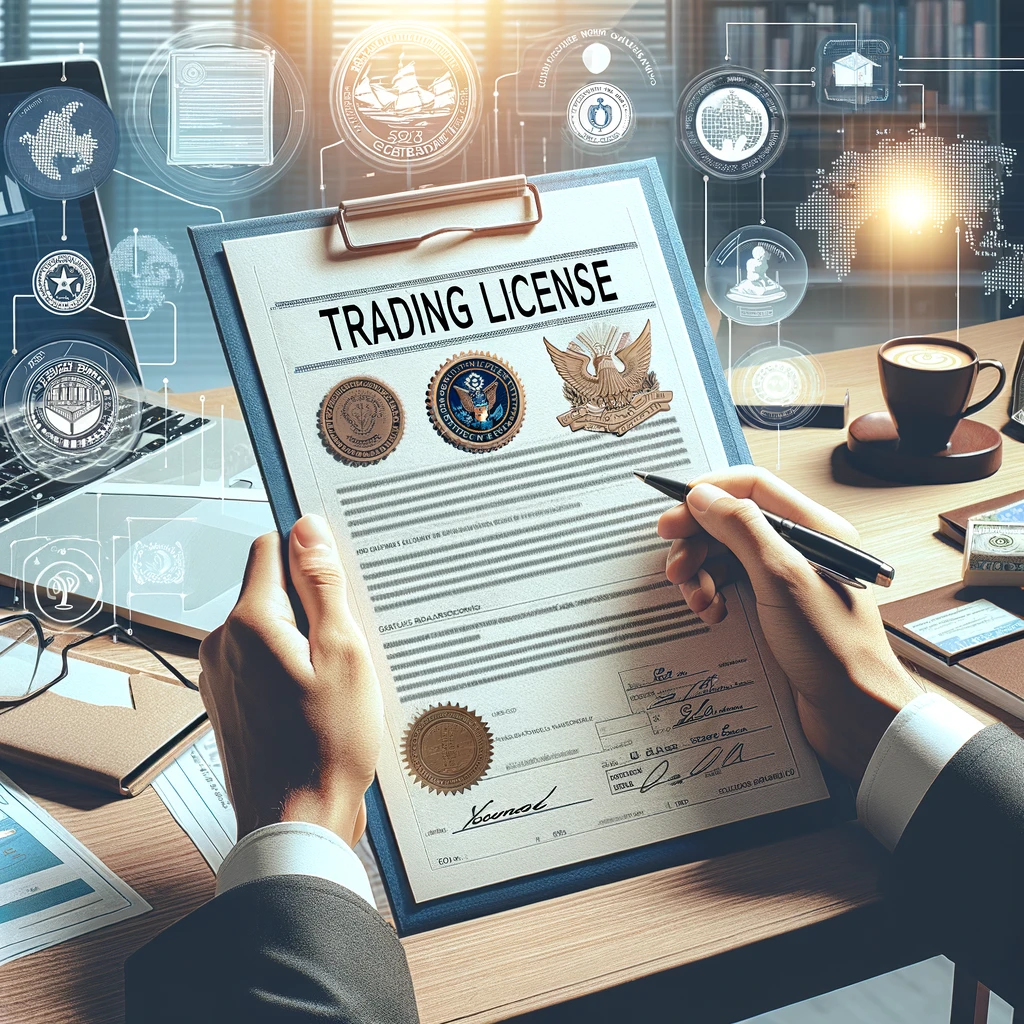Trading License: A Comprehensive Guide to Business Authorization

What is a Trading License?
A trading license, also known as a trade license or trader’s license, is an official permit issued by government authorities that allows individuals or companies to conduct specific business activities within a particular jurisdiction.
Key Points:
- Legal requirement for most businesses
- Varies by location, industry, and business type
- May be called different names in various regions
The Importance of a Trading License
Obtaining a proper trading license is crucial for several reasons:
- Legal Compliance: Operating without a license can result in fines or forced closure.
- Credibility: A license lends legitimacy to your business in the eyes of customers and partners.
- Access to Services: Many business services require proof of licensing.
- Tax Purposes: Licenses often tie into local tax systems.
- Consumer Protection: Ensures businesses meet minimum standards of operation.
Types of Trading Licenses
Trading licenses can vary widely depending on the nature of the business and local regulations. Some common types include:
- General Trading License: For businesses engaged in buying and selling goods.
- Professional Services License: For service-based businesses like consultancies or law firms.
- Food and Beverage License: For restaurants, cafes, and food retailers.
- E-commerce License: For online businesses.
- Import/Export License: For businesses engaged in international trade.

How to Obtain a Trading License
The process of obtaining a license can vary significantly depending on your location and type of business. However, here’s a general overview of the steps involved:
- Determine the Required License: Research which specific license(s) your business needs.
- Gather Necessary Documents: Typically includes identification, business registration, and proof of address.
- Complete Application: Fill out the required forms, either online or in person.
- Pay Fees: License fees vary widely based on location and business type.
- Undergo Inspections: Some businesses may require on-site inspections.
- Receive License: Once approved, you’ll receive your official trading license.
Trading License vs. Business Registration
It’s important to note that a trading license is different from business registration:
- Business Registration: The process of legally forming your business entity (e.g., LLC, corporation).
- Trading License: The permit to conduct specific business activities.
Most businesses need both to operate legally.
Renewal and Maintenance of Trading Licenses
Trading are not typically permanent. They usually require renewal:
- Renewal periods vary (annually, bi-annually, etc.)
- May require updated documentation
- Opportunity to review and adjust business activities
Trading Around the World
Different countries and regions have varying approaches to trading licenses:
United States
- Often called “business licenses”
- Requirements vary by state and local jurisdiction
- Some industries require federal licensing
United Kingdom
- Referred to as “trading licences” (note the spelling)
- Many businesses don’t require a specific trading licence, but certain sectors do (e.g., alcohol sales, taxi services)
United Arab Emirates
- Strict licensing requirements
- Free zones offer special licensing arrangements
India
- Known as “trade license”
- Issued by local municipal corporations
Online Licenses
With the rise of e-commerce, many jurisdictions now offer specific licenses for online businesses:
- May cover various online business models
- Often have different requirements than traditional brick-and-mortar licenses
- Can include specific provisions for data protection and consumer rights

Consequences of Operating Without a Trading
Running a business without the proper license can have serious repercussions:
- Financial penalties
- Forced closure of business
- Legal action
- Damage to business reputation
- Difficulty in future license applications
Trading for Specific Industries
Some industries require specialized trading due to their nature or potential risks:
- Financial Services: Often require licenses from financial regulatory bodies.
- Healthcare: Medical practices and pharmacies need specific health-related licenses.
- Construction: Contractors often need special licenses proving their qualifications.
- Alcohol and Tobacco: These industries are heavily regulated and require specific permits.
- Transportation: Taxi services, logistics companies often need special operating licenses.
How to Choose the Right Trading
Selecting the appropriate trading is crucial. Consider:
- The exact nature of your business activities
- Your business location(s)
- Plans for future expansion
- Regulatory requirements in your industry
When in doubt, consult with a local business advisor or lawyer.

The Cost of Trading
The cost of obtaining a trading can vary widely:
- Depends on location, business type, and size
- May include application fees, processing fees, and actual fees
- Some licenses require renewal fees
- Additional costs may include professional fees (e.g., lawyer, accountant)
Common Challenges in Obtaining a Trading License
Some businesses face hurdles when applying for a trading license:
- Complex Regulations: Navigating bureaucratic processes can be challenging.
- Time-Consuming Process: Approval can take weeks or even months in some cases.
- Changing Requirements: Regulations may change, requiring businesses to adapt.
- Multiple Licenses: Some businesses may need several licenses to operate fully.
- Language Barriers: In international business, understanding local requirements can be difficult.
The Future of Trading
As the business world evolves, so too do licensing requirements:
- Increasing digitalization of licensing processes
- Greater harmonization of requirements across jurisdictions
- New types of for emerging industries (e.g., cryptocurrency trading)
- More stringent requirements for data protection and cybersecurity
Conclusion
A trading license is more than just a piece of paper—it’s your business’s passport to legal operation and credibility in the marketplace. While the process of obtaining a license can seem daunting, it’s a crucial step in establishing and growing a successful business.
Remember, requirements can vary significantly based on your location, industry, and specific business activities. Always check with local authorities or seek professional advice to ensure you’re fully compliant with all licensing requirements.
Whether you’re a small startup or a multinational corporation, having the proper trading is fundamental to your business’s legal standing and long-term success. By understanding the importance of licenses and navigating the application process effectively, you’re laying a strong foundation for your business’s future growth and prosperity.
